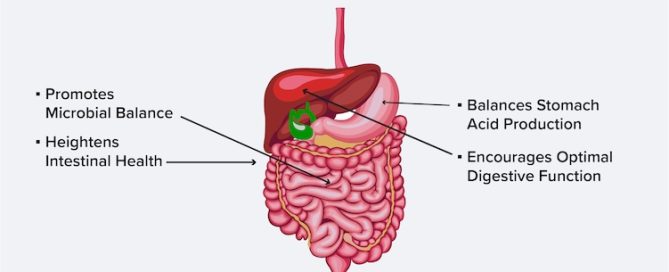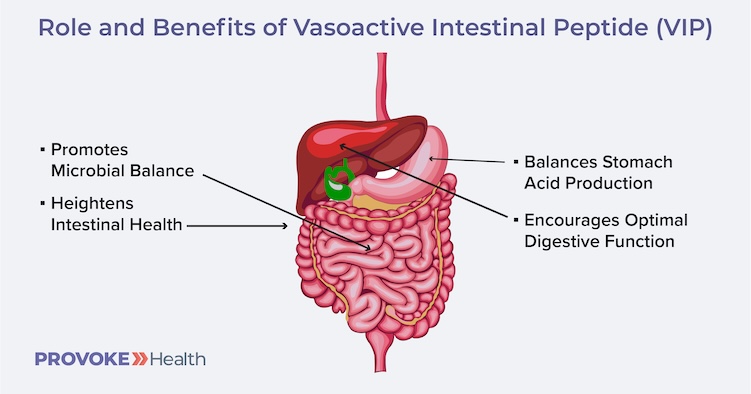Chronic Inflammation: New Insights and Next Steps
In a wide-ranging speech on Aug. 23, 2004, in Phoenix, Ariz., Robert F. Kennedy Jr., then an independent candidate for President of the United States, made several comments about chronic disease, a topic typically addressed by doctors and, less often, by public health officials.
“Chronic disease is an issue that affects all of us far more directly and urgently than any culture war issue, as well as all the other issues that we obsess over that are tearing apart our country,” Kennedy said. “This is the most important issue. Therefore, it has the potential to bring us together.”

Mr. Kennedy highlighted several data points that we were able to verify to illustrate the severity of the issue, including:
- The United States spends more on healthcare than any other country, nearly twice as much as Europe. (source)
- Two-thirds (66 percent) of American adults and children suffer from chronic health issues. (source)
- About 18 percent of American teens have fatty liver disease. (source)
- Seventy-four percent of Americans are overweight or obese. (source)
- Cancers among young adults have increased by 79 percent. (source)
We appreciate Mr. Kennedy for bringing attention to the immense impact chronic disease has on both the U.S. economy and the health of our children and adults. As a Tampa, Florida-based medical practice dedicated to functional medicine and integrative healthcare, we have long been committed to diagnosing and treating the root causes of illness. Mr. Kennedy’s message, which you can read in its entirety here, echoes what we and our colleagues have been advocating in our clinics for years.
Inflammation – The Common Factor in Most Cases of Chronic Disease
One word that was noticeably absent from Mr. Kennedy’s remarks was “inflammation,” which those of us who have dedicated our lives to the medically-supervised care and motivation of others know is at the root of most chronic health conditions.
Virtually all chronic disease can be traced to chronic inflammation, and most chronic inflammation can be traced to preventable causes, including the following: Continue reading…






